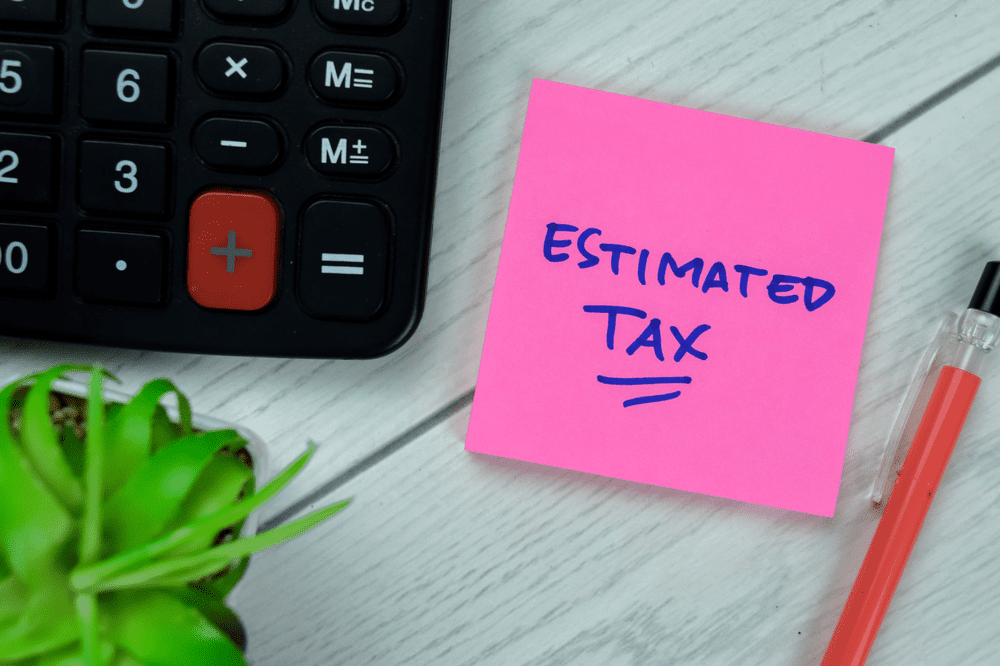As a small businesshttps://recallbusiness.com/ owner, it’s important to be aware of the quarterly tax dates so that you can stay on top of your tax obligations. The IRS divides the year into four quarters, and each quarter has a specific payment due date.
For 2023, the quarterly tax dates are as follows:
- Quarter 1: April 18, 2023
- Quarter 2: June 15, 2023
- Quarter 3: September 15, 2023
- Quarter 4: January 15, 2024
If you are self-employed or own a pass-through business, you will likely need to make quarterly estimated tax payments. These payments are due on the same dates as the quarterly tax returns.
The amount of your estimated tax payments will depend on your income and expenses. You can use the IRS’s Estimated Tax Calculator: https://www.irs.gov/forms-pubs/about-publication-505 to estimate your quarterly payments.
If you fail to make your quarterly estimated tax payments, you may be subject to penalties. The IRS will assess a penalty if you owe more than $1,000 in taxes at the end of the year and you didn’t pay enough in estimated taxes.
There are a few ways to avoid penalties for late estimated tax payments. One way is to make your payments in full and on time. Another way is to make an annualized installment agreement with the IRS. This agreement allows you to pay your estimated taxes in installments throughout the year.
To make sure that you are in compliance with the quarterly tax dates, it’s a good idea to set up a reminder system. You can use a calendar, a to-do list app, or even a spreadsheet to track your due dates.
By staying on top of your quarterly tax payments, you can avoid penalties and ensure that you are in compliance with the law.
Additional Information
- In addition to the quarterly tax dates listed above, there are also a few other important tax dates for businesses to keep in mind. These include the due dates for filing annual tax returns and paying any balance due.
- The IRS offers a variety of resources to help businesses stay on top of their tax obligations. These resources include publications, forms, and calculators.
- If you have any questions about quarterly tax dates or other tax matters, you should consult with a tax professional.










